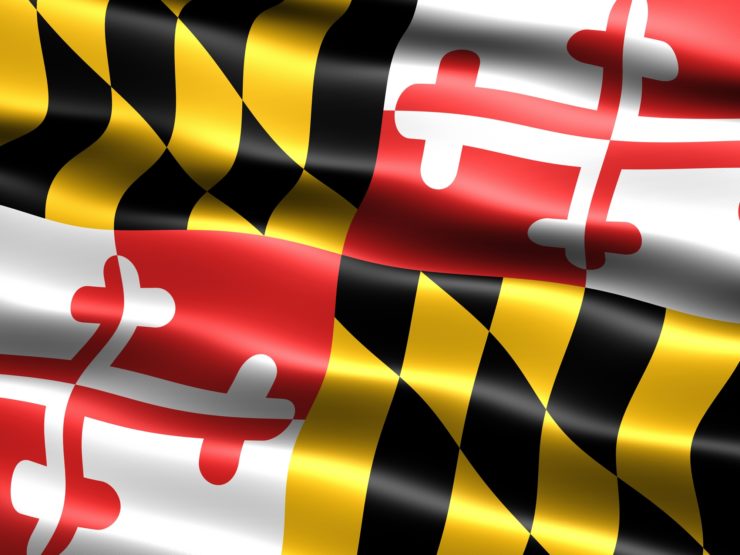The Agriculture Improvement Act of 2018 (“2018 Farm Bill”) legalized hemp by removing the crop and its derivatives from the definition of marijuana under the Controlled Substances Act (“CSA”) and by providing a detailed framework for the cultivation of hemp. The 2018 Farm Bill gives the US Department of Agriculture (“USDA”) regulatory authority over hemp cultivation at the federal level. In turn, states have the option to maintain primary regulatory authority over the crop cultivated within their borders by submitting a plan to the USDA.
This federal and state interplay has resulted in many legislative and regulatory changes at the state level. Indeed, most states have introduced (and adopted) bills that would authorize the commercial production of hemp within their borders. A smaller but growing number of states also regulate the sale of products derived from hemp.
In light of these legislative changes, we are presenting a 50-state series analyzing how each jurisdiction treats hemp-derived cannabidiol (“Hemp CBD”). Each Sunday, we summarize a new state in alphabetical order. Today, we turn to Maryland.
Maryland’s Industrial Hemp Pilot Program opened a little more than a year ago. In line with the 2014 Farm Bill, the purpose of the program was and is to authorize and facilitate research of industrial hemp and any aspect of cultivating, manufacturing, transporting, marketing, or selling industrial hemp for agricultural, industrial, or commercial purposes. The Maryland Department of Agriculture (“MDA”) or an institution of higher education that submits an application to the MDA may cultivate, manufacture, transport, market, or sell industrial hemp if the hemp is cultivated to further agricultural or academic research—notably, an undefined term in Maryland’s law.
Last year, MDA issued hemp regulations to govern its program. Per MDA guidance, farmers can partner with institutions of higher education, but otherwise, general commercial cultivation is prohibited. MDA also notes that it does not have jurisdiction over hemp processing or sale.
Earlier this year, Maryland’s governor approved of HB-1123, which includes specific provisions for hemp production and requires the MDA to create a plan for monitoring and regulating hemp production in the state.
That said, Maryland isn’t as open to Hemp CBD. The Maryland Department of Health sort of follows the FDA’s approach and holds that foods and beverages containing Hemp CBD are adulterated and can’t be sold in Maryland (sorry, no Maryland Hemp CBD crab cakes). The state has not really addressed many other types of products, but it could change its position to include Hemp CBD products such as vapes, cosmetics, or topicals (apparently, the state will try ban flavored vapes in the future).
Stay tuned to the Canna Law Blog for developments on hemp and Hemp CBD in Maryland and other states across the country. For previous coverage in this series, check out the links below:
- Alabama
- Alaska
- Arizona
- Arkansas
- California
- Colorado
- Connecticut
- Delaware
- Florida
- Georgia
- Hawaii
- Idaho
- Illinois
- Indiana
- Iowa
- Kansas
- Kentucky
- Louisiana
- Maine
The Agriculture Improvement Act of 2018 (“2018 Farm Bill”) legalized hemp by removing the crop and its derivatives from the definition of marijuana under the Controlled Substances Act (“CSA”) and by providing a detailed framework for the cultivation of hemp. The 2018 Farm Bill gives the US Department of Agriculture (“USDA”) regulatory authority over hemp…Read More



